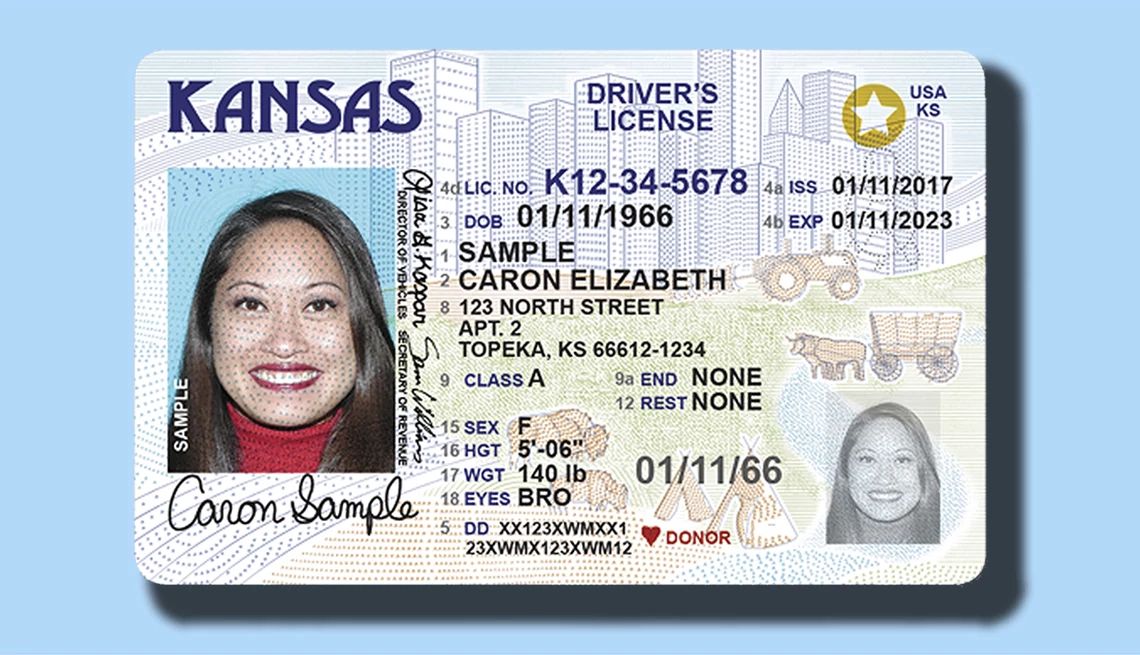
- Select a language for the TTS:
- UK English Female
- UK English Male
- US English Female
- US English Male
- Australian Female
- Australian Male
- Language selected: (auto detect) - EN
Play all audios:
Has Putin blinked first? The standoff between Russia and Ukraine entered its acute phase a month ago. Since January, Russian forces on the ground have probably doubled their strength, to
nearly 200,000 troops. They also have many thousands of separatists and mercenaries (including the notoriously brutal Wagner group) operating in the Donbas region. “Exercises” in Belarus
have now been extended indefinitely. The arsenal of airborne, land and sea-based missiles, heavy artillery and other ordnance now assembled in the vicinity of Ukraine is the largest in
postwar European history. So why is the invasion not already under way? Putin reportedly sees himself as the greatest Russian leader, along with Peter the Great and Stalin. He has been
scheming to undermine, dismember and digest Ukraine for more than a decade. But he seems to be hesitating on the brink of grasping the prize. Is the Generalissimo willing to wound but afraid
to strike? Is Putin a coward? On paper, the balance of forces overwhelmingly favours the Russians. The open plains and steppes that make up most of Ukraine favour the attacker — one reason
why this unfortunate country, doomed by its geography and history (“Ukraine” means “borderlands”), has been invaded and fought over so many times in the 20th century. In the 21st, military
technology makes the concept of Blitzkrieg (“lightning war”) if possible even more lethal. Even without using nuclear weapons, the Russians could destroy Kyiv, Kharkiv, Odessa and other
major cities while scarcely risking losses of their own. It may be that such an aerial bombardment is precisely what Putin has in mind, taking as his model the 1999 NATO campaign against the
Serbian regime of Slobodan Milošević. That operation is etched into the Russian President’s memory: at the time he was Boris Yeltsin’s Prime Minister and this was his baptism of fire.
Putin’s repeated claim that Ukraine is carrying out a “genocide” against Russians in its eastern region echoes NATO’s justification for air strikes against Serbia, which was indeed in the
process of committing genocide against the Muslim population of Kosovo, just as it had already done in Bosnia. The term “ethnic cleansing” only entered the language during the Balkan
conflicts of the 1990s. Over Kosovo, Russia backed its traditional ally, Serbia, and tensions with the West ran high. At one point in June 1999, Russian troops and NATO’s peacekeeping force
eyeballed one another at Pristina airport. The British commander on the ground, General Sir Mike Jackson, disobeyed the orders of his superior, the US General Wesley Clark, to block the
runways to cut off expected Russian reinforcements. “I’m not going to start World War III for you,” Jackson famously informed Clark. That exchange is a reminder of what was clearly a
formative experience for all concerned — including the only politician still on the world stage, Vladimir Putin. The comparison between 1999 and 2022 breaks down, however, because the claim
that “genocide” or “ethnic cleansing” is taking place in Ukraine is bogus. Now it is the separatist “republics” of Donetsk and Luhansk which, presumably on Russian orders, are ordering their
civilians to leave their homes — not the elected government in Kyiv. Nobody outside Russia and its allies will buy the story that Putin’s motives are humanitarian. On the contrary: as I
wrote here last Friday, a war of aggression launched by Russia against Ukraine would constitute a war crime by those who ordered it, even before the almost inevitable crimes against humanity
that would accompany such an invasion. After Bosnia and Kosovo, it was the Serbian leadership that was eventually brought to book. After Ukraine, it would be Putin, his entourage and his
generals who would be arraigned before the International Criminal Court in The Hague. Make no mistake: the guilty men would be tried, if necessary in absentia. No volume of propaganda,
however great, could ever wipe away their crimes from the historical record. Sooner or later, Russians would learn the truth about their leader, dashing his hope of posthumous renown. Like
Stalin’s, Putin’s name would live in infamy. No wonder he is hesitant. As many dictators have discovered too late, the reality of war is very different from their fantasies. The Ukrainians
may be outnumbered and outgunned, but they will fight back as soon as the Russians try to occupy their territory. Hardly any of them share Putin’s pseudo-historical theories about a common
origin and destiny with Russia. Democracy and freedom have taken root in their embattled soil and Ukrainians won’t renounce their hard-won human rights. At some level, Putin must know that
this proud European nation will not be so easily coerced as Karazhstan was after the New Year uprising there. Snuffing out Ukrainian sovereignty would require the use of force on a vast
scale, with horrific consequences not only for the oppressed but also for the oppressors. A more or less permanent occupation would be necessary but not sufficient to absorb the subject
people. Stalin’s solution to such unrest — the wholesale expulsion of entire ethnic groups, such as the Crimean Tatars or Volga Germans, to the wastes of Siberia — would not be practical for
a nation of 45 million. Even Putin, pitiless as he is, might quail at the scale of bloodshed and destruction necessary to reduce Ukraine to acquiescence. And so we return to the Russian
President’s present predicament. If he has blinked, how should the West capitalise on his weakness? Contrary to his image, as far as we know, Putin is not even a mediocre chess player; but
he may nevertheless be aware of the saying, attributed to the chess grandmaster Aron Nimzowitsch: the threat is stronger than the execution. As long as his forces remain poised to attack, he
can continue to enjoy the luxury of having Western leaders pay court to him. Only this week the prospect of a summit with President Biden has been mooted by the Americans, after the anxious
importuning of President Macron. The US Secretary of State, Antony Blinken, will visit Moscow on Thursday to prepare the ground for such a meeting. The moment Russians cross the border,
however, such visits will be cancelled, perhaps forever. And so Putin has every incentive to prolong the pleasure of watching the West dancing to his tune. What is the message he needs to
hear from Biden and the Europeans? Now is certainly not the moment for Boris Johnson to join his French and German counterparts by pressuring President Zelensky of Ukraine to make
concessions. It was reported last week that both Emmanuel Macron and Olaf Scholz, on their recent visits and meetings with Volodomyr Zelensky, have urged him to accept not only the
renunciation of NATO membership but the Russian interpretation of the Minsk II process in the Donbas dispute. That process is based on a ceasefire under conditions agreed under duress in
2015. It is seen by the Russians as requiring recognition of their puppet “republics” — something that Zelensky could never accept, either de facto or de jure. Indeed, he was elected in 2019
on a platform of rejecting it. Such an interpretation of Minsk II amounts to allowing a Trojan horse into Ukraine. Over the weekend, Zelensky reiterated his insistence on the territorial
integrity of Ukraine in his magnificent address to the Security Conference in Munich. Boris Johnson politely rejected the charge of appeasement made by Zelensky, but that is precisely what
Macron and Scholz are proposing. Boris should impress upon Biden the need to support Zelensky rather than undermining him. Only by showing solidarity with Ukraine will the West keep those
Russian tanks on the right side of the border. As Mrs Thatcher told George H.W. Bush after Saddam invaded Kuwait: “This is no time to go wobbly, George.” Boris will choose his words more
carefully, but Joe Biden needs to hear the same unambiguous message from the British this time — and pass it on to the Kremlin. If Putin invades Ukraine, he will rue the day. A MESSAGE FROM
THEARTICLE _We are the only publication that’s committed to covering every angle. We have an important contribution to make, one that’s needed now more than ever, and we need your help to
continue publishing throughout the pandemic. So please, make a donation._






